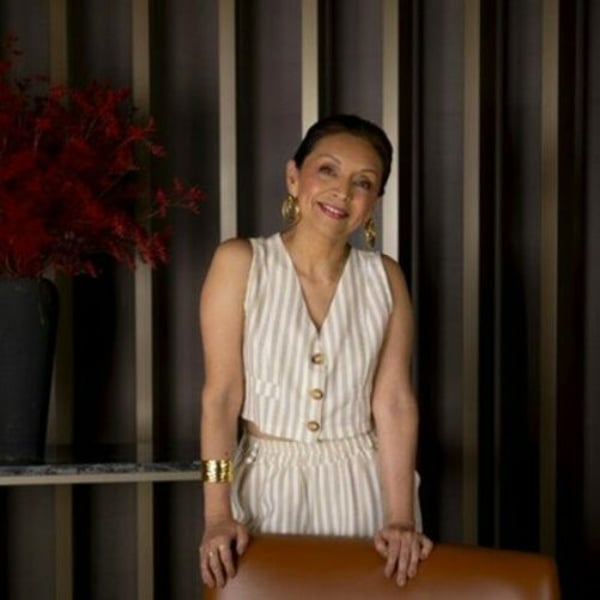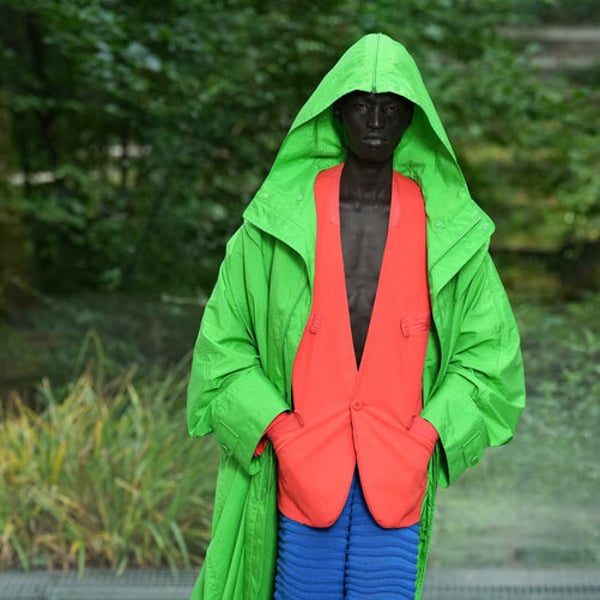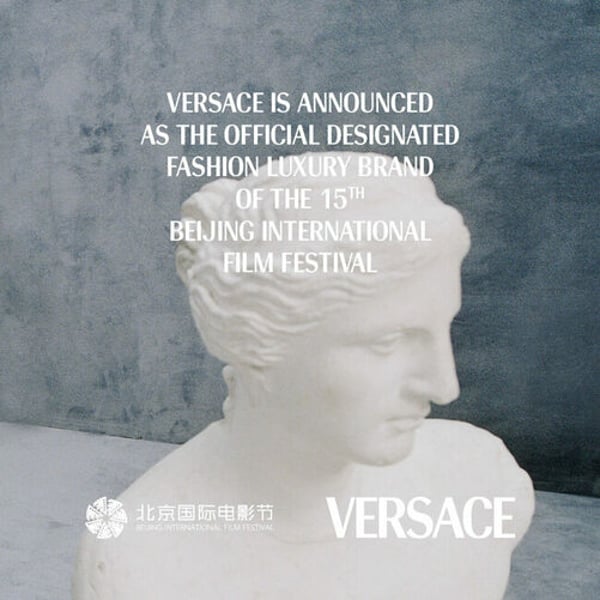Translated by
Roberta Herrera
Published
January 4, 2024
The legality of using artists’ creations to train a generative AI to replicate their artistic style is at the center of a current legal dispute between artificial intelligence experts and the US art community.
This legal action specifically targets image generation systems offered by Stability, DeviantArt, Runway AI, and Midjourney. Midjourney, in particular, a platform very popular with the general public, is under intense scrutiny according to documents filed in the case. Internal communications between Midjourney developers reportedly revealed a list of 4,700 items, including artworks and styles, used to “train” intelligence in creating images by emulating their composition and style.
The compilation of these lists, according to internal exchanges, originally arose from information obtained from Wikipedia and a complete list of artists who contributed to the Magic: The Gathering game series. The exchanges also indicated that developers were aware as early as 2022 of copyright issues associated with AI models that leverage existing artworks and artists.
“All you have to do is use those extracted data sets and then conveniently forget what you used to train the AI model. Boom: legal problems solved forever,” reads a screenshot that was widely circulated on the American press.
Intellectual property laundering
The case goes even further, as this approach currently leads AI to generate images based solely on the name of an existing artist. One of the plaintiffs, Kelly McKernan, was recently shocked to discover that the top online search result about her now displays an artificial image that replicates her artistic style.
“AI imaging devices should primarily be considered intellectual property laundering machines, promising users the benefits of art without the cost of hiring an artist,” the plaintiffs said in the lawsuit.

Initially filed by illustrators Sarah Andersen, Kelly McKernan and Karla Ortiz, the class action lawsuit has since been joined by artists H. Southworth, Grzegorz Rutkowski, Gregory Manchess, Gerald Brom, Jingna Zhang, Julia Kaye and Adam Ellis.
The three original plaintiffs were dismissed by a California federal court in late November in their case against Midjourney and DeviantArt. The decision was based on the challenge of proving copyright infringement unless the images are nearly identical. However, the court left the door open to a revised complaint, highlighting the difficulty of proving that the artists’ works had indeed been used to create AI-generated images.
This case, which will set a legal precedent, is being closely followed by the entire ecosystem of AI service providers. It is also being closely monitored in the artistic sphere, particularly in the fashion and luxury industries, where AI is perceived by industry professionals as an additional tool and a potential threat.
Copyright © 2024 FashionNetwork.com All rights reserved.












